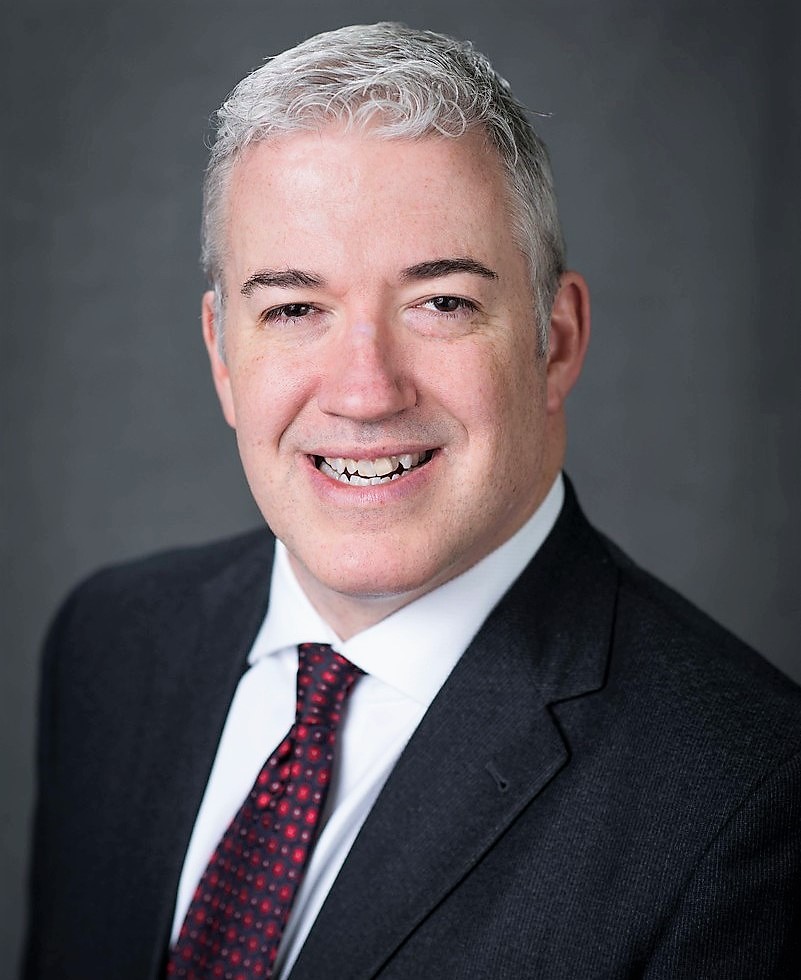
Hospitals have always enjoyed “most favored nation” status in healthcare, and that’s even more true during the COVID-19 pandemic. But apparently you can’t have heroes without villains.
While lauding the sacrifices of hospitals, the media doesn’t mention long-term care’s needs, instead just focusing on facility deaths and impliedly, if not explicitly, blaming facilities for each one. Ignored is the fact that nursing homes, unlike most hospitals, were losing money prior to the pandemic. The aggregate total margin was negative (-.3%) for the first time since 2000.
Why was that? Well, as MedPAC explained, “the overall financial performance of this setting is heavily influenced by state policies regarding the level of Medicaid payments[.]”
Yet that detail has not shown up in the blame game. Indeed, some of the biggest culprits in nursing home underfunding are now lauded as heroes.
In his April 23 press conference, New York Governor Andrew Cuomo said, “Nursing homes, they are our top priority. They have been from day one.” He then ignored a question about his own culpability in the death rate, though New York ordered nursing homes to admit COVID-positive hospital discharges — despite warnings. Instead, Cuomo announced, “We’re going to undertake an investigation of nursing homes now to make sure they’re following the rules.” His work done, Cuomo went on the “Daily Show with Trevor Noah.”
Pundits understandably erupted over an astonishing interview in which Las Vegas Mayor Carolyn Goodman offered up her city as “a control group” for COVID-19. But what of Cuomo, who prior to the pandemic sought to slash nursing home funding, before going ahead, during the pandemic, and cutting their capital funding alone by $60 million? Where is the censure for someone who simultaneously demands more from nursing homes while giving less?
Meanwhile, those who sue nursing homes are piling on . . . not to blame Cuomo, but to blame facilities for not staffing more within finite Medicaid resources. According to a CBS New York story, “One attorney who spoke to CBS2 said New York does not have a law requiring specific amounts of staff at nursing homes which has led to this crisis.” That is what led to it? Maybe he forgot that, in 2019, providers and union workers fought a $1.1 billion Medicaid cut proposed by Cuomo.
While Cuomo preened on a comedy show that night, New York City Mayor Bill DeBlasio was more sympathetic in a April 23 press release stating the city “has continued to surge supplies and support to its nursing homes, sending nearly ten million pieces of PPE in weekly distributions to all 169 nursing homes” as well as 420 clinical staff volunteers.
That the city, not responsible for Medicaid nursing home care, had to step in to make up for the state’s failures should be news. But it is not as entertaining as kicking a beleaguered care sector when it’s down.
There are now as many armchair long-term care experts as amateur epidemiologists. In an astonishing April 21 Bloomberg Opinion piece by Stephen Mihm, an associate history professor, Mihm blames the lethality of COVID-19 among the elderly on “the idea that people over the age of 65 would voluntarily herd themselves into special communities built around their needs[.]” It is unclear what Professor Mihm suggests is the alternative for those with acute long-term care needs, who do not “voluntarily” suffer debility.
The tragic fact is that if you’re at risk, this virus can find you wherever you are. Consider the report of a Lexington, KY, man who died after he and three family members were visited by a home healthcare physical therapist who had the virus.
The reality is long-term care is paying a terrible toll for policymakers’ longstanding neglect. Despite the uncommon lethality of COVID-19 to the vulnerable population we serve, we are absolutely last in line for personal protective equipment, funding, testing or even accolades. Instead we just see a constant pillorying that is profoundly demoralizing to those doing heroic work to keep residents safe.
Brendan W. Williams, M.A., J.D., is president/CEO of the New Hampshire Health Care Association.





